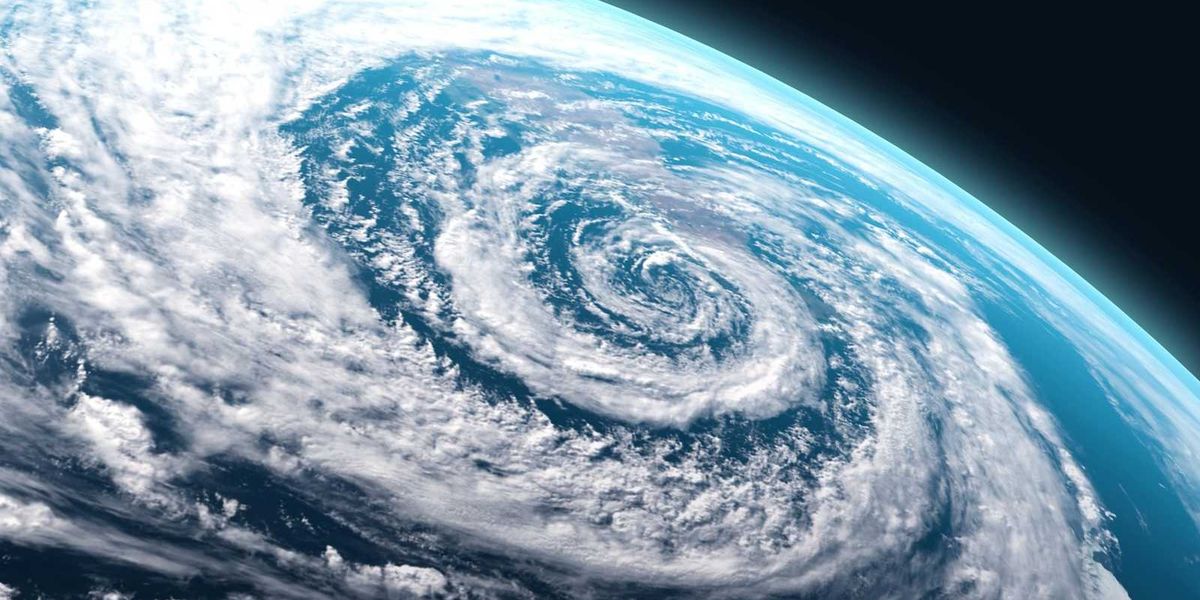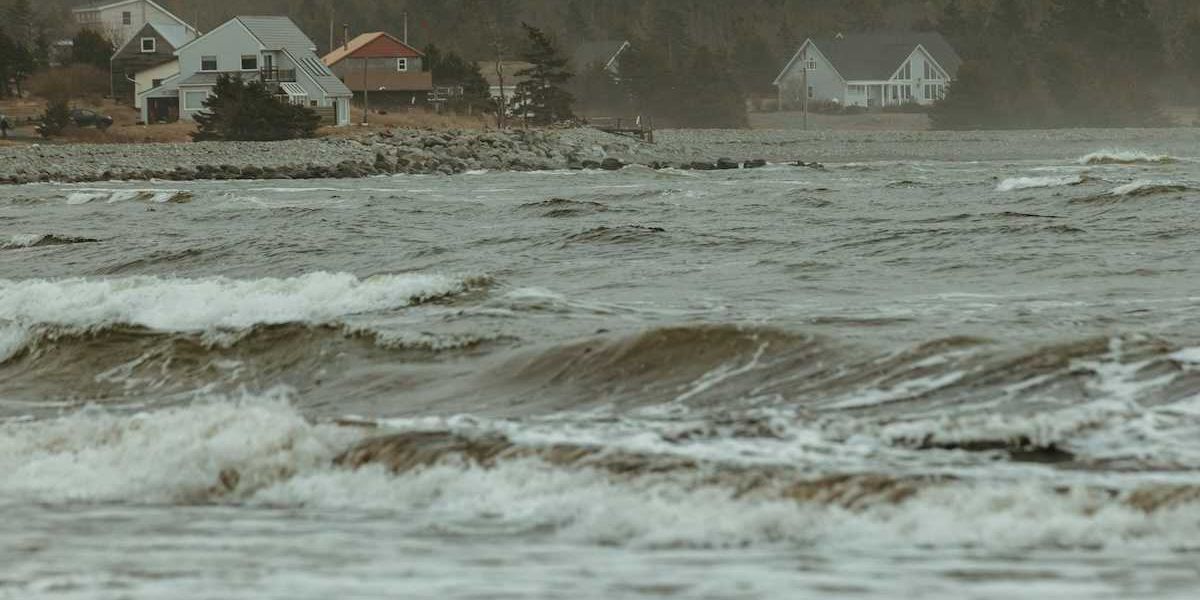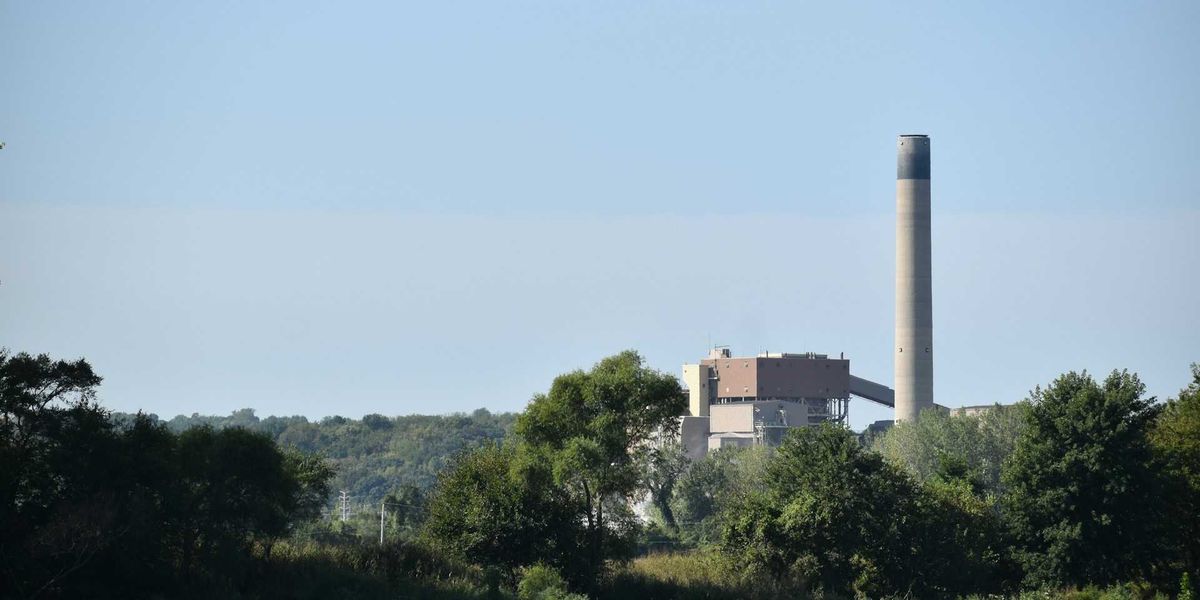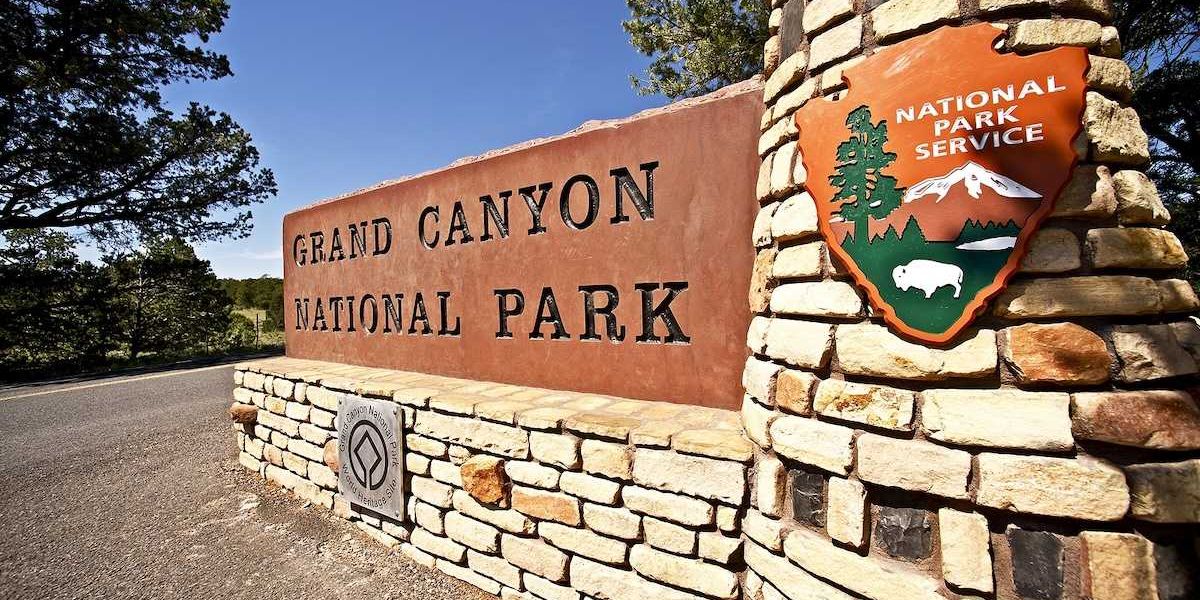Young plaintiffs in Juliana v. United States lose Supreme Court bid but say they'll continue their pursuit of climate justice
The U.S. Supreme Court has declined to hear a landmark climate lawsuit brought by 21 young Americans, ending a decade-long legal effort to hold the federal government accountable for its fossil fuel policies. But the case continues to have impact.
Amy Green reports for Inside Climate News.
In short:
- Juliana v. United States argued that the federal government violated the youth plaintiffs' constitutional rights by supporting a fossil fuel system despite knowing since 1965 it would worsen climate change.
- Although the Supreme Court refused to hear the case, it has inspired over 60 similar youth-led climate lawsuits globally, including legal victories in Montana and Hawaii.
- Plaintiffs and their legal team say they remain committed to pursuing justice and continuing youth-led legal activism focused on human rights and environmental protection.
Key quote:
“Juliana has inspired and motivated countless youth-brought climate change cases around the world. It’s really reframed the issue from one of a pollution problem to one of a human rights problem.”
— Andrea Rodgers, senior litigation attorney at Our Children’s Trust
Why this matters:
The Juliana case has become a symbolic touchstone in the fight to reframe climate change not just as a planetary crisis but as a violation of civil rights. Though the Supreme Court recently declined to hear the case, its premise — that children have a constitutional right to a livable climate — has rippled through courts and legal strategies worldwide. Though Juliana’s path through the courts may be over for now, its legacy is fueling a generational push to make governments answerable not just for emissions, but for endangering the conditions of life itself.
Read more: Young climate lawsuit ends after a decade without Supreme Court review













